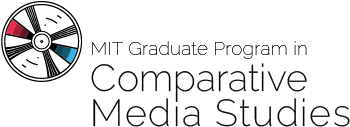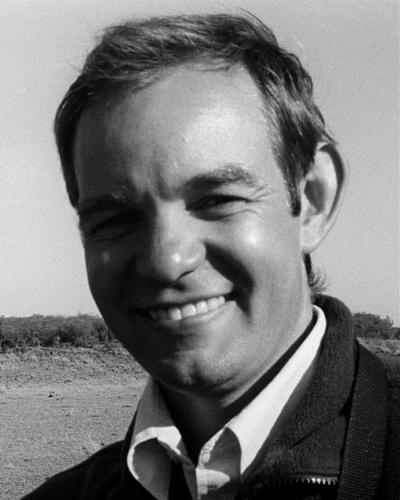This thesis will explore whether live streaming video from public events, which I call civic livestreams, can be more engaging and informative if relevant contextual information is added to the viewing experience. I focus on the continuing emergence of livestreams as a source of news and information, and address questions about the nature of the medium, and the social norms that guide its production and consumption. I address the fundamental question of whether engagement with livestreams can be increased through the opinionated design and deployment of a new online platform, DeepStream.tv, which can be used to curate livestreams by adding contextual information to them. I present ethnographic design research into livestreaming production and consumption, detail the design process, and analyze results of usage of this platform as a way to test several hypotheses about viewer behavior to try to determine whether engagement was increased. I conclude that while there is some evidence for increased engagement, watching a civic livestream may be a cinematic experience, with viewers being less inclined toward interactive or analytical activities, which would disrupt the immersive experience. As part of a critical making process, I also explore three concepts that influenced the design of DeepStream.tv. First, I explore the democratization of live broadcast video by tracing historical changes in infrastructure that have altered the ability to broadcast from one based on scarce resources and high costs, to one based on abundant resources and low costs. Second, I consider historical examples of adding context to video as a way to establish norms of practice that are relevant to using the DeepStream.tv platform. I link these to a larger theoretical question about the epistemology of livestreaming as a way to reconsider the tradeoff between speed of information and depth of information. Third, I analyze curation as an activity performed by people in the specific roles of journalist, fan, and activist. Through these situated activities, I examine potential reasons for, and ethical challenges with, curating livestreams.
About Gordon Mangum
Gordon Mangum joins MIT's CMS department having worked in radio and media development for the last decade. He was previously Country Director of Internews Sudan, which built a network of six community radio stations in South Sudan and border areas of Sudan. While there he directed the training of local journalists in the run-up to the vote for independence in 2011. He has also consulted with radio projects in Somalia, Uganda and Cambodia. He was most recently Chief Engineer of WERS in Boston, where he helped students learn about radio broadcasting and analyzed digital strategies, and has previously work at Maine Public Radio and ESPN Radio Boston. His interests include developing and improving information systems, participatory civics, and music. Gordon holds a dual B.A. from the University of Virginia in Philosophy and Religious Studies.
Thesis: DeepStream.tv: Designing Informative and Engaging Live Streaming Video Experiences



